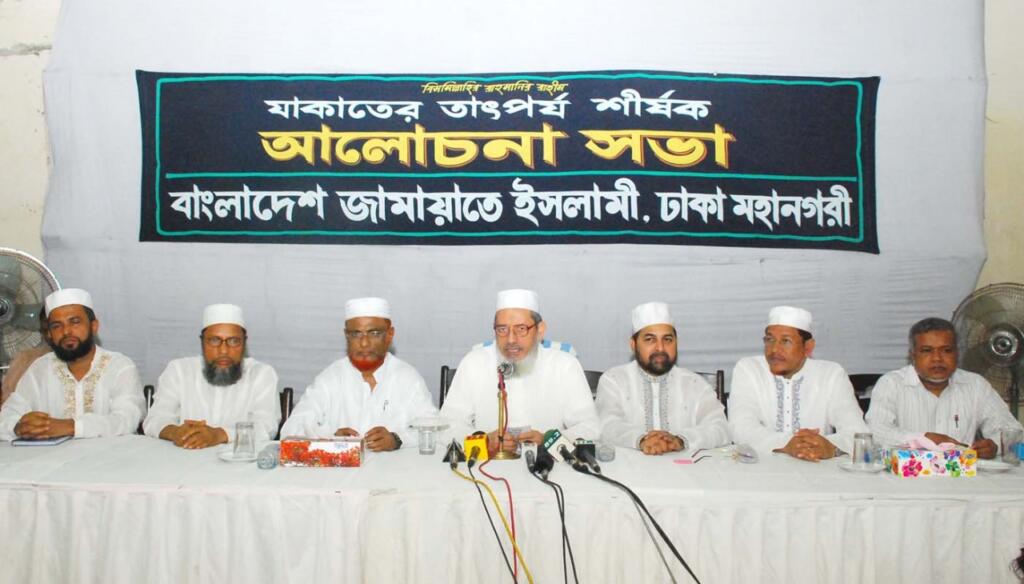In a move that has stirred significant controversy, Bangladesh’s interim government has lifted the long-standing ban on Jamaat-e-Islami. This decision marks a pivotal shift in the country’s political landscape, raising questions about its implications for domestic stability and international relations.
Jamaat-e-Islami, an Islamist party with a complex and contentious history, was banned under the previous administration led by Sheikh Hasina. The party has been linked to numerous instances of violence against Hindus and other minorities in Bangladesh, including the infamous 2001 anti-Hindu riots. During that period, the BNP-Jamaat alliance was implicated in widespread violence and attacks on Hindu communities, leading to over 200 reported rapes and extensive property damage. A judicial commission later confirmed that around 25,000 Jamaat and BNP cadres were involved in these atrocities.
The ban’s removal follows a series of strategic political maneuvers by the interim government, which assumed power after the ouster of Hasina’s administration on August 5. According to Jamaat’s lawyer Mohammad Shishir Manir, the decision emerged from critical discussions between the interim Chief Adviser Yunus and Jamaat-e-Islami on August 12. These talks were part of a broader dialogue aimed at stabilizing the political environment in Bangladesh, with Jamaat playing a key role in the interim government’s Advisory Council.
Jamaat-e-Islami’s history is intertwined with its pro-Pakistan stance, a legacy that has influenced its political strategies and alliances. The party’s support for Pakistan during the Bangladesh Liberation War of 1971 remains a sensitive issue, complicating its domestic and international relationships.
The lifting of the ban is likely to have significant repercussions for Bangladesh’s relations with neighboring India. Diplomatically, the move may strain relations given India’s concerns over Jamaat’s history of violence and its links with Pakistan. Historically, India has been wary of Islamist groups with radical tendencies due to their potential to destabilize regional security.
In terms of defense, India and Bangladesh have maintained a cooperative relationship, particularly in combating terrorism and ensuring border security. The re-emergence of Jamaat-e-Islami could potentially complicate these defense collaborations, as India might view the party’s resurgence as a threat to regional stability.
Financially, the lifting of the ban could impact bilateral trade and investment. India is a major economic partner for Bangladesh, and any political instability or perceived increase in extremist activities could lead to cautious investment strategies and financial uncertainties.
As Bangladesh navigates this controversial political shift, the international community, particularly India, will be closely monitoring the outcomes. The future of Bangladesh’s domestic harmony and its diplomatic and economic relations with its neighbors will hinge on how effectively it manages the integration of Jamaat-e-Islami into the political mainstream while addressing historical grievances and ensuring security.
